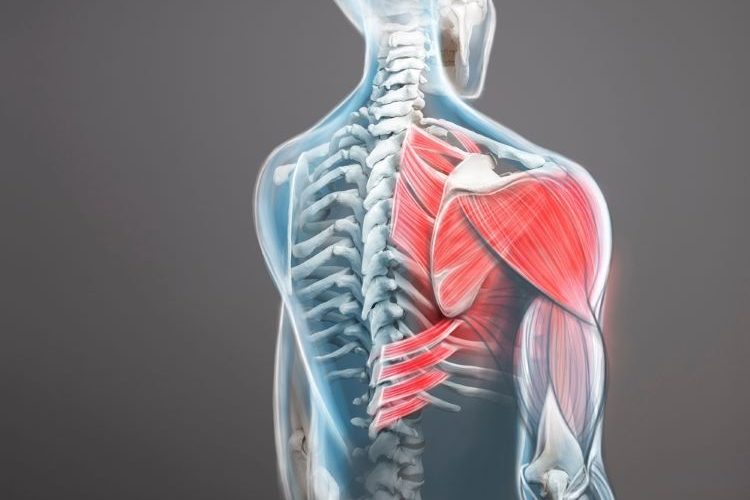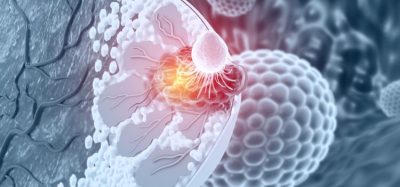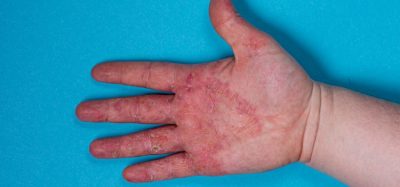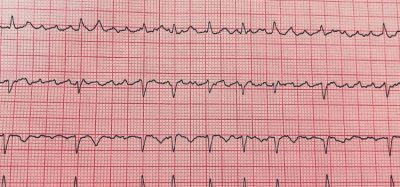First successful CAR-T treatment for muscle inflammation
Posted: 24 February 2023 | Catherine Eckford (European Pharmaceutical Review) | No comments yet
Researchers in Germany have helped a patient to overcome anti-synthetase syndrome muscle inflammation using CAR-T cells.


University Hospital Erlangen in Germany is the first in the world to use chimeric antigen receptor (CAR) T-cells to successfully treat a patient suffering from a severe case of muscle inflammation (myositis).
The researchers noted that risk of developing a very severe form of the autoimmune inflammatory disease is high. The patient who received the CAR T treatment was diagnosed with anti-synthetase syndrome. According to the authors of the paper, the condition occurs when enzymes required for the synthesis of amino acids known as aminoacyl-tRNA synthetases are attacked in error by the immune system.
Treating muscle inflammation with CAR-T cells
“CAR T-cells are immune cells withdrawn from the patient’s blood and genetically engineered to carry a CAR,” explained Professor Andreas Mackensen, Director of Department of Medicine 5 – Hematology and Oncology. “Once the cells are returned to the patient’s body, the CAR allows the modified immune cells to specifically target the cells triggering the disease.”
The researchers modified the patient’s own immune cells. After receiving the infusion of CAR T-cells, the patient experienced a significant improvement in health: the muscle inflammation in the patient’s lungs and joints relapsed almost entirely and their strength and stamina returned, the researchers stated.
“Autoimmune inflammatory muscle diseases… can end fatally if they are diagnosed at too late a stage or patients fail to react sufficiently to medicines aimed at suppressing the immune system,” explained Professor Dr Georg Schett, Director of the Department of Medicine 3 – Rheumatology and Immunology at Universitätsklinikum Erlangen.
Dr Fabian Müller highlighted that the patient ceased all immune-suppressive medicine “without the disease flaring up again.” Six months after receiving the CAR T-cells, the researchers observed the patient had recovered from the disease.
Results from the patient’s CAR-T treatment were published The Lancet.
Funding for the research led by professors Schett and Mackensen is provided by Collaborative Research Centers 1181 and 221 of the German Research Foundation, the High-tech Agenda of the Free State of Bavaria and the 4I Immunocluster Erlangen-Regensburg-Würzburg.
This is the second type of autoimmune disease that physicians and researchers at the Deutsches Zentrum Immuntherapie (DZI) at Universitätsklinikum Erlangen have successfully treated using CAR T-cell therapy. In the first instance, the cells excelled in treating systemic lupus erythematosus (SLE).
Other patients suffering from myositis or SLE will be offered the opportunity of benefiting from CAR T-cell treatment as part of the clinical CASTLE study, starting this year.
Related topics
Clinical Development, Drug Development, Personalised medicine, Research & Development (R&D), t-cells
Related organisations
Related drugs
Related people
Dr Fabian Müller, Dr Georg Schett, Professor Andreas Mackensen









